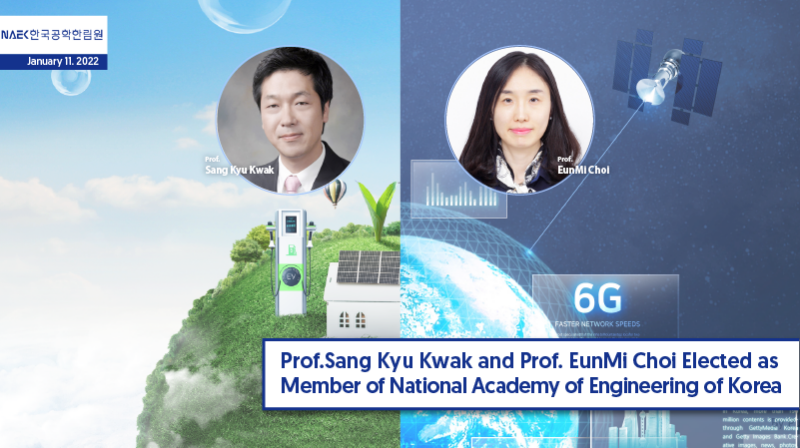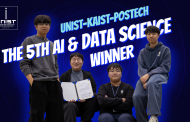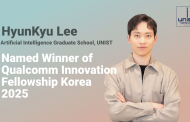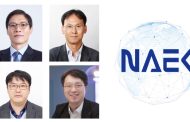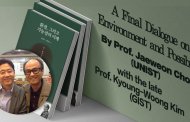Sang Kyu Kwak (School of Energy and Chemical Engineering, UNIST) and EunMi Choi (Department of Electrical Engineering, UNIST) have been elected to the National Academy of Engineering of Korea (NAEK).
On January 11, the National Academy of Engineering of Korea has announced that it has elected 45 new members and 84 associates in recognition of their distinguished and continuing achievements in their original research. It has been said that the election to NAEK membership is among the highest professional distinctions accorded to an engineer.
Sang Kyu Kwak, Professor in the School of Energy and Chemical Engineering at UNIST, has been elected as an associate member in the chemical and biomolecular engineering division of the NAEK in recognition of his achievements in developing solar cells and carbon-neutral technologies based on multidimensional molecular simulation. Molecular simulation is a technique that enables the development of high-performance materials in a low-cost, high-efficiency manner. Professor Kwak used this to lay the theoretical foundation for the development of ultra-high-efficiency solar cells, and has also taken the lead in developing technologies to deal with carbon, the main culprit of global warming. In this regard, he has published over 180 SCI-grade journals in the last five years, of which 12 have been published in Science and Nature. His research is said to have expanded the molecular simulation research for industrial applications.
EunMi Choi, Professor in the Department of Electrical Engineering at UNIST, has been elected as an associate member in the electrical, electronic and information division of the NAEK for her leadership in radio engineering.
Meanwhile, the National Academy of Engineering of Korea is a special corporate body that has been established in 1996 for the purpose of promoting a more efficient development of engineering and technology, in addition to discovering and recruiting talented engineers. It aims to discover and acknowledge engineers who have made remarkable contributions to the technological development in universities, companies, and research institutes, and to contribute to Korea’s creative engineering technology development through academic research and supporting projects. New members are elected from experienced associate members, and also are subject to the approval of the general meeting.


